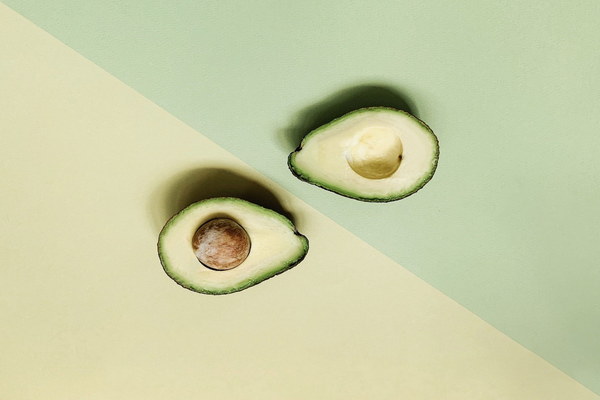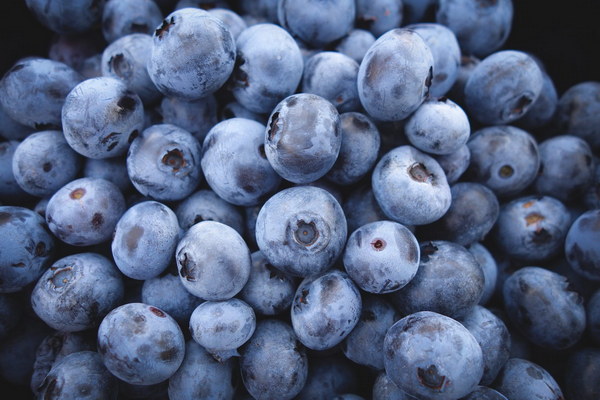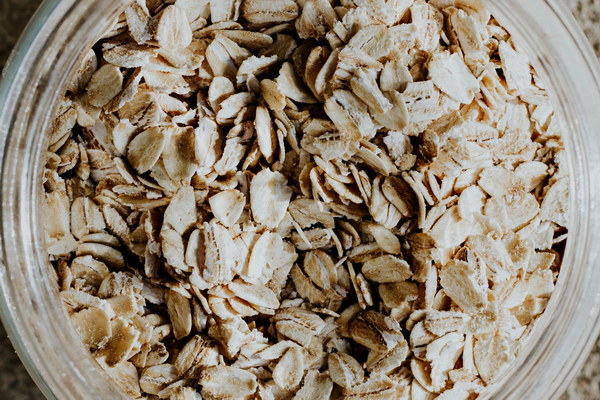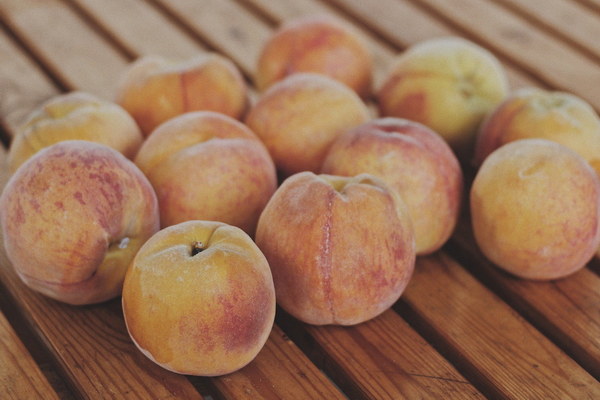Nourishing Your Spleen The Importance of Reducing Acid Intake
Introduction:
The spleen is a vital organ in our body that plays a crucial role in digestion, absorption, and immunity. To maintain a healthy spleen, it is essential to adopt a balanced diet and avoid certain foods that can harm it. One such food group is acidic foods. In this article, we will explore the importance of reducing acid intake to nourish your spleen and promote overall health.
1. Understanding the Spleen and Its Functions:
The spleen is an abdominal organ located on the left side of the body, just below the rib cage. It is responsible for several functions, including:
- Filtering blood and removing old or damaged red blood cells.
- Producing white blood cells, which play a key role in the immune system.

- Storing platelets and red blood cells.
- Breaking down and absorbing nutrients from the digestive tract.
2. The Role of Acid Intake in Spleen Health:
Acidic foods can disrupt the balance of the stomach's acid levels, leading to various health issues, including spleen dysfunction. Here's why reducing acid intake is crucial for spleen health:
- Acidic foods can irritate the stomach lining, causing inflammation and discomfort.
- Excessive acid production can lead to acid reflux or gastroesophageal reflux disease (GERD), which can indirectly affect the spleen.
- The stomach produces hydrochloric acid to break down food, but an overproduction of acid can overwhelm the digestive system, affecting the spleen's ability to function properly.
3. Foods to Avoid for Spleen Health:
To nourish your spleen and maintain its optimal function, it is advisable to reduce your intake of acidic foods. Here are some examples:
- Citrus fruits: Oranges, lemons, limes, and grapefruits are high in citric acid, which can irritate the spleen.
- Tomatoes: While tomatoes are technically a fruit, they are highly acidic and can cause discomfort in individuals with spleen issues.
- Cabbage and other cruciferous vegetables: These vegetables contain oxalic acid, which can interfere with nutrient absorption and irritate the spleen.
- Soda and other carbonated beverages: The carbonation in these drinks increases stomach acid production, leading to discomfort and potential spleen issues.
4. Alternatives to Acidic Foods:
To maintain a healthy spleen, you can substitute acidic foods with healthier options. Here are some alternatives:
- Instead of citrus fruits, opt for berries, melons, or peaches, which have lower acidity levels.
- Replace tomato-based dishes with sweet potatoes, butternut squash, or zucchini.
- Choose cruciferous vegetables like cauliflower or broccoli, as they are less acidic and easier on the spleen.
- Drink herbal teas or water with a slice of lemon instead of carbonated beverages.
5. Benefits of Reducing Acid Intake:
By reducing acid intake and nourishing your spleen, you can enjoy several health benefits, including:
- Improved digestion and absorption of nutrients.
- Reduced risk of acid reflux and GERD.
- Enhanced immune system function.
- Increased energy levels and overall well-being.
Conclusion:
In conclusion, maintaining a healthy spleen is essential for overall health. By reducing your intake of acidic foods, you can nourish your spleen and promote its optimal function. Make smart food choices and incorporate healthier alternatives into your diet to support your spleen and enjoy a healthier life.









